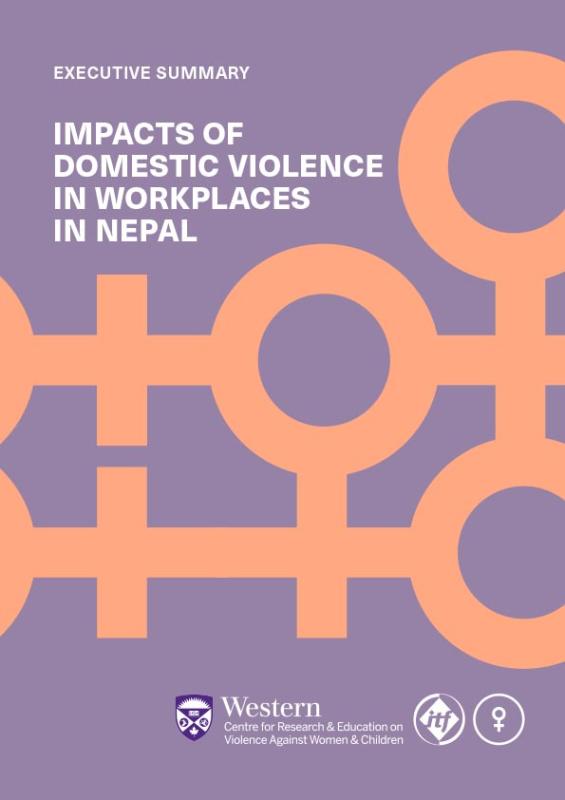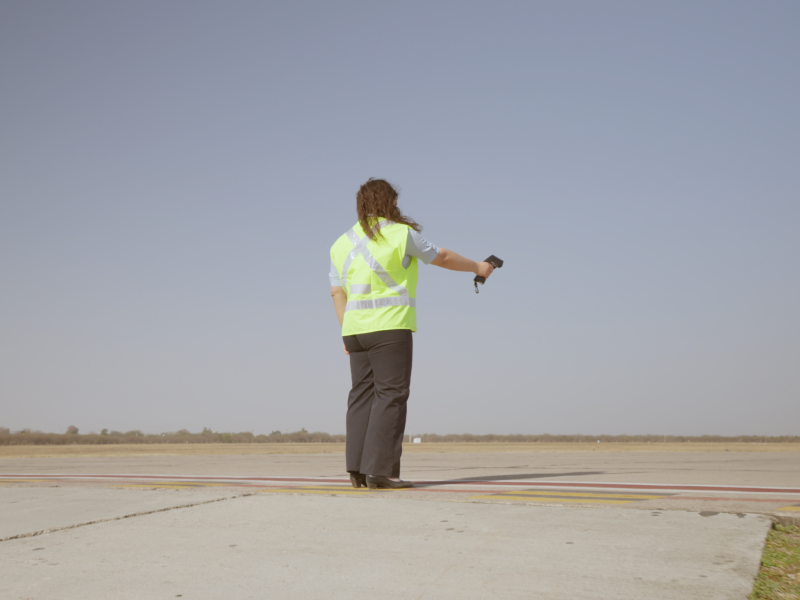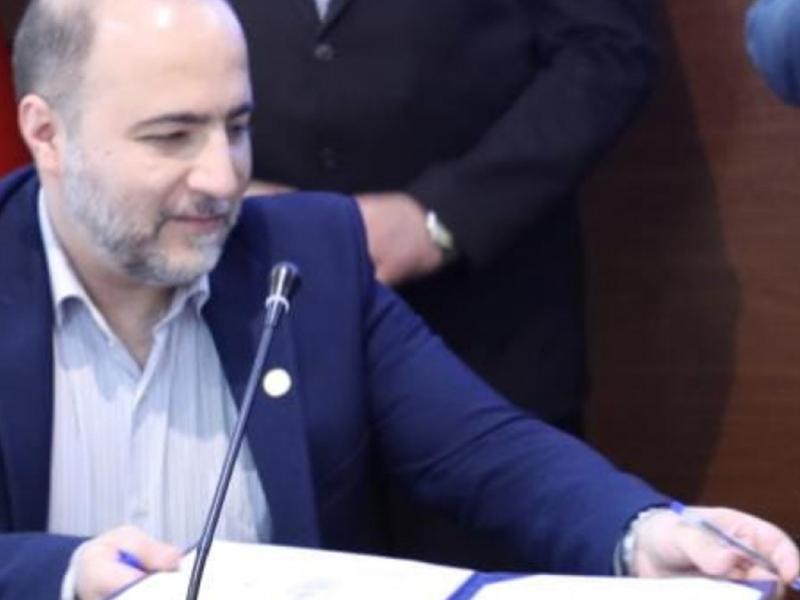International and European trade unions welcome a new global agreement for net-zero carbon aviation emissions by 2050, but call for stronger commitments at country level, including on social criteria. No worker or region should be left behind, we need a Just Transition for all!
After weeks of negotiations, 184 countries agreed to a net-zero goal by 2050 for the aviation industry at the 41st General Assembly of International Civil Aviation Organisation (ICAO), a specialised agency of the United Nations.
Trade unions representing aviation and aerospace workers have long been calling for increased international ambition on decarbonisation stressing that all countries, industries, and workers have a role to play in decarbonising the entire aviation sector.
In the run up to the event, the International Transport Workers Federation (ITF), IndustriALL Global Union, the European Transport Workers Federation (ETF) and IndustriAll European Trade Union worked together to draft joint trade union demands. The working paper submitted to ICAO by trade unions called for a Just Transition for a zero-carbon future which emphasised the need for the decarbonisation of the aviation industry to be managed in a socially responsible way. It called for quality social dialogue, investment into training and the creation of sectoral action plans by social partners with the relevant authorities.
Unfortunately, the final declaration, being unbinding, only urged states to achieve the goal “in a socially, economically and environmentally sustainable manner and in accordance with national circumstances’’.
The final ICAO resolution and the adoption of the long-term global aspirational goal (LTAG) of net-zero carbon emissions by 2050 has received mixed reactions, with some positive comments from the European Union and European industry. NGOs have been more critical due to the non-binding nature of the agreement.
Gabriel Mocho Rodriguez, ITF Civil Aviation secretary said: "We are in a race against time to secure a sustainable future. Millions of aviation workers are experiencing the effects of climate change first hand, which is making the aviation workplace more dangerous. Increasing air turbulence poses a major risk to passengers and flight crew, extreme heat is disrupting airport operations, and rising sea levels threaten to inundate airports. The ICAO LTAGs were hard to achieve to this point, but if we are to move action forward with the speed that we need, workers must be driving decarbonisation and the aviation industry's transition."
Georg Leutert, IndustriALL director for the aerospace industry said: “The aerospace industry is under pressure to come up with zero-emission solutions based on global standards. The longer this takes, the more workers will pay for the resulting deficits. This is why we as unions must engage in the implementation of LTAG and related policies.”
Eoin Coates, head of the ETF Civil Aviation Section, said: “Social expectations and environmental goals must go hand in hand. Workers need to be at the heart of the environmental transition process, a transition that must be just and allows workers to be an active part, from design to implementation. They must be helped to adapt to the new developments and have guaranteed healthy and sustainable jobs as the aviation industry becomes a greener sector. While we welcome the progress the LTAG makes on the environmental sustainability of the industry, there is still a lot of work to be done on its social sustainability.”
Isabelle Barthes, Deputy General Secretary at industriAll Europe said: ‘’Climate change is a global issue and we will continue to call on all countries and regions to step up their efforts in reducing the climate impact of flying including via the uptake of sustainable aviation fuels and the development of carbon-neutral aircraft. Workers are at the heart of the green transition, but unfortunately seem to have been forgotten in ICAO’s declaration! We insist on quality social dialogue and proper support to ensure that no worker or region is left behind, the green transition must be a Just Transition.’’







